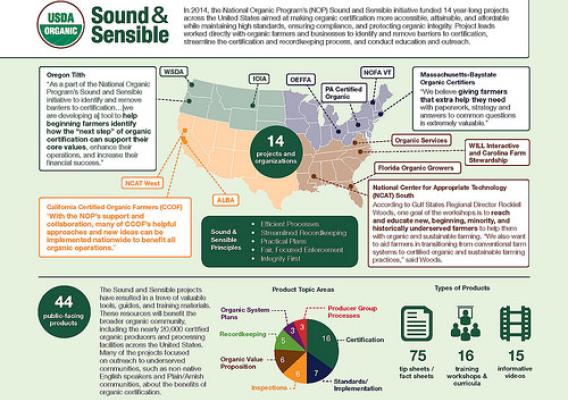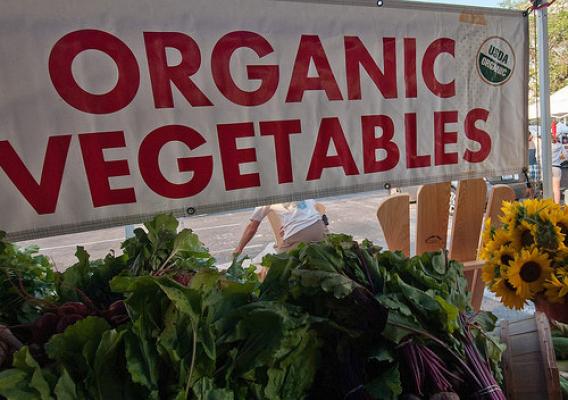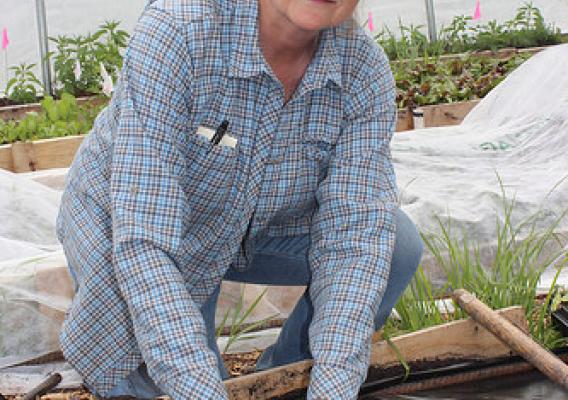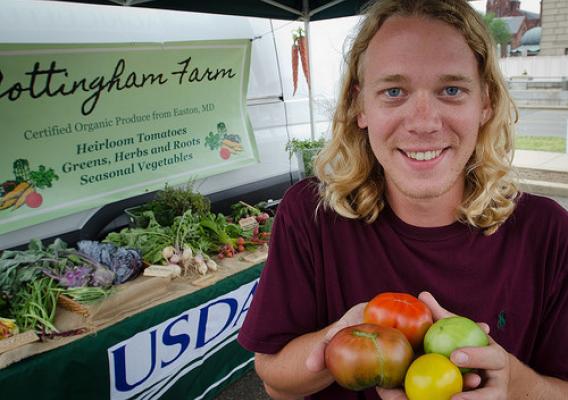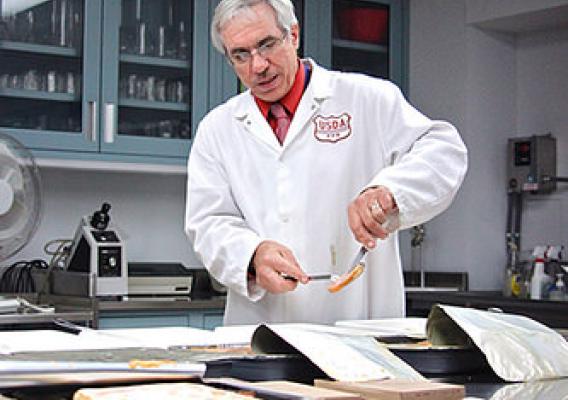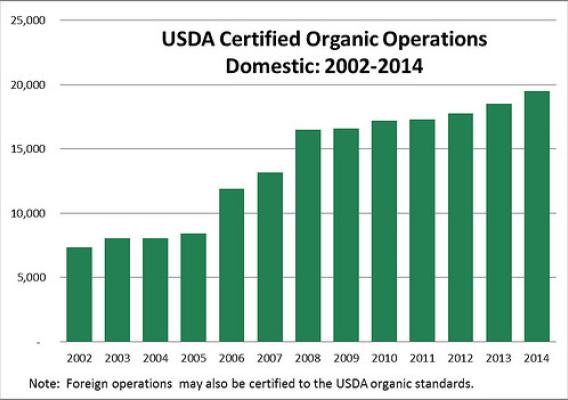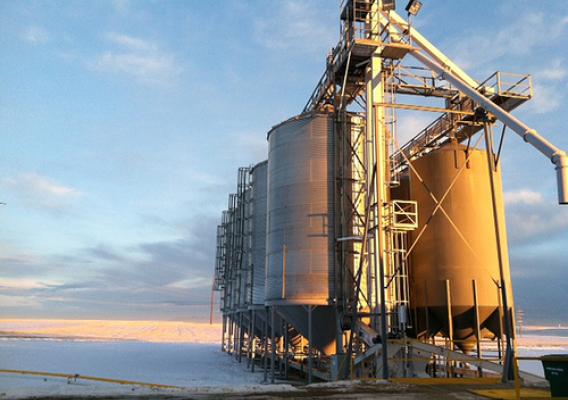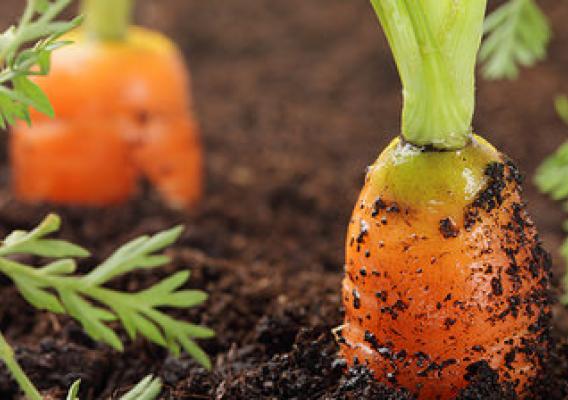USDA’s National Organic Program is the bedrock regulatory program responsible for developing national standards for organically-produced agricultural products. These standards assure consumers that products with the USDA organic seal meet consistent, uniform standards. In addition to protecting the integrity of the organic seal through a rigorous certification process and oversight, we are committed to connecting organic farmers and businesses with USDA resources, including conservation assistance, access to loans and grants, funding for organic research and education, and mitigation of pest emergencies.
The USDA organic seal and the NOP program itself have helped organic producers and businesses achieve unprecedented levels of growth for organically produced goods. The retail market for organic products has nearly doubled in value since 2009 while USDA certified organic operations continue to grow year to year. USDA’s National Organic Program is a leading global standard and major factor in this success.

